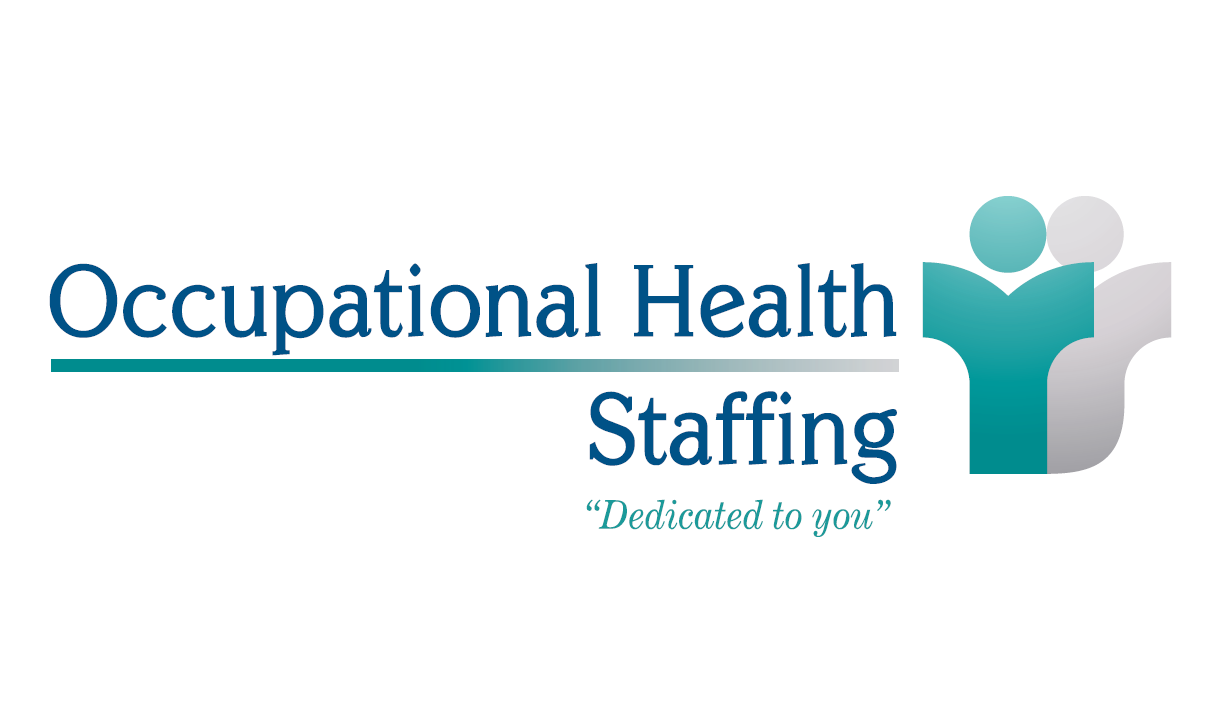The All Party Parliamentary Group on Occupational Safety and Health has produced a report highlighting the short and long terms issues in occupational Health in particular focusing on Occupational Health Physicians (OHP) in the industry and the growing shortage of OHP’s now and the concerns for the future – They go as far to call it a crisis and with these numbers it’s hard to disagree – 64% are over 50, and 50% will likely retire in next 10 years (without adequate replacements).
Interestingly Apart from the UK and Ireland, in most European countries employers are obliged by law to establish or use an OH Service (OHS). In other European countries OHS are either incorporated into national health and social services for all working people or are statutorily required through risk based insurance levies on employers, who are obliged to purchase comprehensive occupational health, rehabilitation, and compensation services from independent providers. Examples of where provision of OHS is compulsory include Belgium, Finland, France, Germany and the Netherlands
The report goes onto say the UK’s working population is 31.7 million people and this is more than at any other time, including 1.2 million workers aged over 65 and 3.7 million more workers aged 50 – 74, compared to 20 years ago. Yet the numbers of occupational physicians is falling. In 2008, the report ‘Working for a healthier tomorrow’ found that the proportion of the workforce with access to occupational physicians varied from 1% in agriculture, forestry and fishing to 43% in health and social services.
Changes in UK employment structure and use of occupational health services has changed over the last 15 years as in the past, most large employers provided in house occupational health services. However, small and medium sized enterprises (SMEs) now account for the vast majority of all UK private sector businesses and employ 15.6 million people (60% of private sector employment).
It is not practicable for SMEs to employ their own occupational health specialist. Instead, SMEs who are aware that they have a need may contract for a service from an independent OHS provider; this outsourced model is also now the most common arrangement for larger employers.
A recent Council for Work and Health report highlighted the critical state of occupational health in the UK, the ageing occupational health workforce, and the lack of training opportunities. It noted that employers of OHS already report difficulty in recruiting suitably qualified practitioners and that the shortfall must be addressed urgently.
In conclusion the report said that good occupational health services are central to the effective management of workplace health and it is clear that while few UK workers have access to multi-disciplinary occupational health services; even fewer have access to a doctor who is specialised in occupational medicine.
The following recommendations are proposed to address the issues highlighted in this report:
• Health Education England, and the equivalent bodies in the devolved administrations, must fund a model that meets the requirement for occupational medicine training posts to meet the level of demand now and in the future
• Government and insurers should explore how to best incentivise employers to provide workers with access to multi-disciplinary occupational health services
• Employers of occupational medicine specialists within the NHS Occupational medical workforce crisis
• The need for action and private sector should have incentives in place to retain existing occupational medicine professionals as they consider retirement
• The NHS in each of the nations within the UK must ensure that occupational medicine physician posts are part of safe, effective, quality assured multi-disciplinary occupational health teams
• The GMC and the Royal Colleges must ensure that occupational medicine forms part of the core curricula – so that all medical undergraduates and doctors in postgraduate training understand the importance of work as a clinical outcome
Read the report in full here – https://www.som.org.uk/fileadmin/user_upload/Office/eAds/OM_Workforce_Crisis_2016_pdf.pdf
